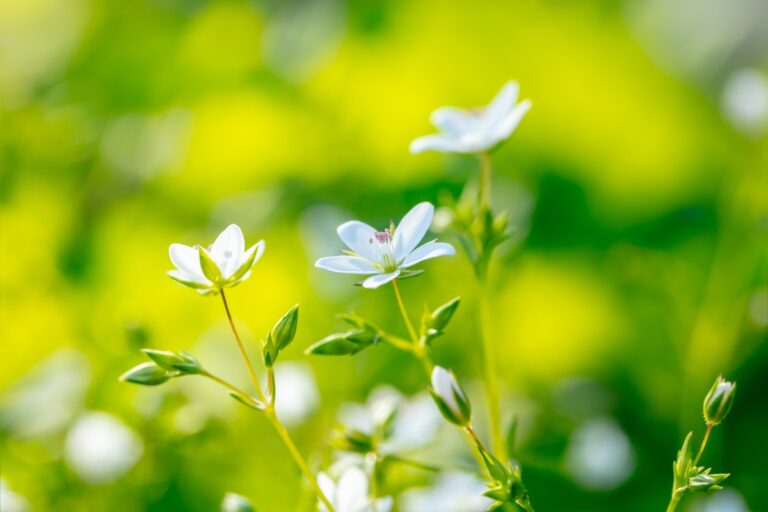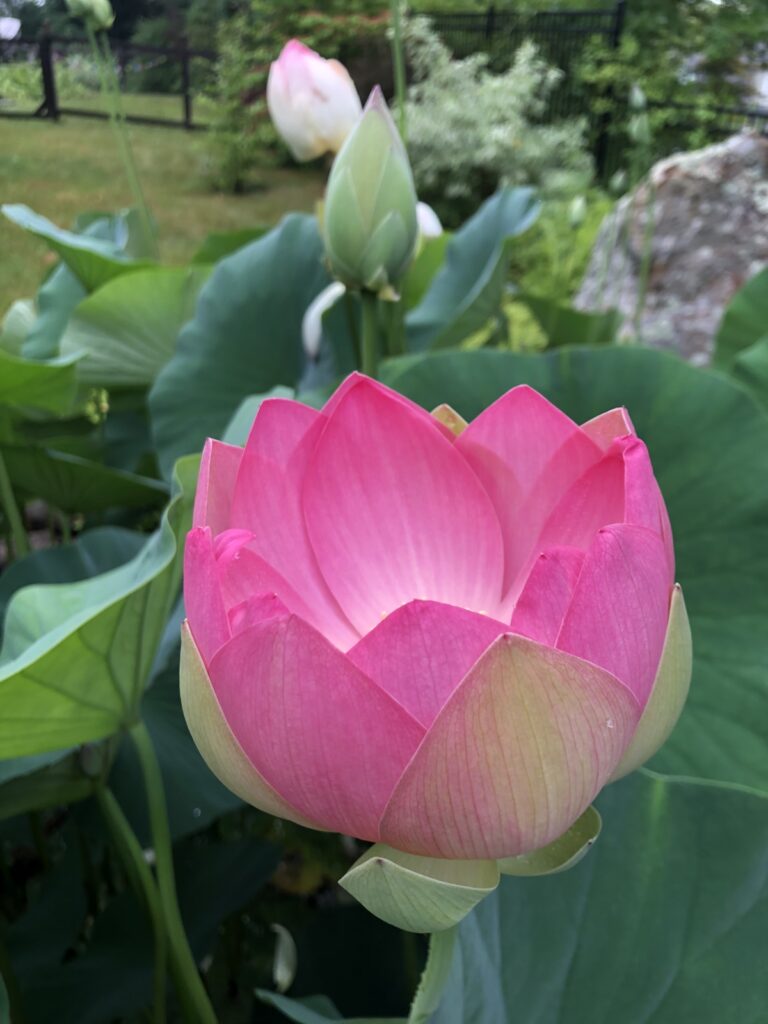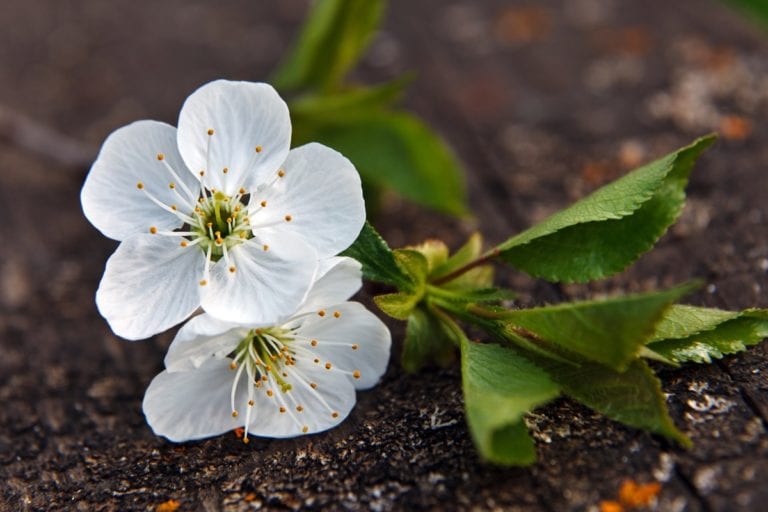Similar Posts
Week 622: What You Do Matters
Because of an ongoing project I have, I’ve developed a habit of pulling quotations from the Internet, from books, from talks, from wherever I may find them. I ran across one this morning that I think fits into an experiment I’ve been pondering for a while now. It’s a quotation from the scientist David Bohm: Read More “Week 622: What You Do Matters”

835th Week: Finding Sources of Nourishment
As I sit in the park this morning, surrounded by large trees, I am keenly aware of what is a deep “relief of return”. Each year when the trees again wear their garments of green, my body and psyche go through the same kind of relief—almost a physical “sigh” as I settle into the visual and physical feast of taking in the green. The challenge is to remember to give myself this gift as often as I can.
This gets me to thinking, yet again, about sources of nourishment and how important it is to take time to nourish ourselves, body and psyche. Sources of nourishment are quite individual. For example, some people I’m close to are nourished by engaging in creative activities such as acting, singing, or crafts (severely curtailed during Covid but still happening on-line). Others have created regular zoom gatherings with friends, finding ways to keep up to date with each other and share experiences. Still others find ways to go hiking as often as possible, immersing themselves in the presence of nature as they exercise.
For this week’s practice in conscious living, I invite you to bring to mind your most treasured source of nourishment and then to see how you might offer it to yourself a bit more often. For me, it means getting up early enough to be in the park before it’s crowded with all the people that flock here later in the morning and throughout the day, picnicking, exercising, walking, sitting—enjoying the park in a wide variety of ways.
Read More “”
768th Week: More Reasons Why Tracking Your Self-Talk is So Important
In a recent article entitled, “Your Brain Has a Delete Button—Here’s How to Use It”, the authors, Judah Pollack and Olivia Fox Cabane, talk about research that’s been done on the presence and function of the brain’s “microglial” cells that are the “gardeners of the brain”. These cells prune and remove synapses while we sleep. Most importantly, they remove those synapses we don’t use very much. In fact, the brain marks the unused synapses with a protein that signals the microglial cells to go ahead and prune them.
Because all self-talk is self-hypnosis, and because where we focus our thinking activates the synapses related to these thoughts, it behooves us to be mindful about where we’re spending our internal self-talk time. One example in the article is this:
“If you’re in a fight with someone at work and devote your time to thinking about how to get even with them, and not about that big project, you’re going to wind up a synaptic superstar at revenge plots but a poor innovator.”
They go on to say:
“To take advantage of your brain’s natural gardening system, simply think about the things that are important to you. Your gardeners will strengthen those connections and prune the ones that you care about less. It’s how you help the garden of your brain flower.”
Read More “768th Week: More Reasons Why Tracking Your Self-Talk is So Important”
713th Week: Cultivating Empathy
As I write this, I’m sitting in the Admiral’s Club of American Airlines, waiting for a flight to California. I’m flying business class today, on miles, and I’m struck by the difference between the experience I’m having right now—complimentary coffee and food and a comfortable place to sit—compared to what it’s like when I fly economy. What this brings into my awareness is how easy it could be to overlook the quality of life being lived by people who don’t have the economic privilege I do. I find myself wondering how I would cultivate a deepened empathic awareness of people in need if my everyday life were regularly as generous and comfortable as the situation I’m in at the moment.
I remember reading some recent research that suggested that the more money people have the lower their scores on tests of empathy. Sitting here this morning, I can understand how that could happen. So, the question I have deals with any and all areas of privilege, be that economic privilege, racial privilege, gender privilege, ethnic privilege, religious privilege, or any other kind of privilege that comes automatically to certain classes of people. How do we expand our awareness to include those who don’t have access to whatever kinds of privilege we may take for granted and not even recognize as privilege? Read More “713th Week: Cultivating Empathy”

887th Week: Orienting to Lovingkindness
Note: At the end of this written practice is a recording of the Lovingkindness meditation. Please remember never to listen to recorded meditations while driving or using dangerous machinery.
The practice at the center of this week’s offering is heart-oriented. I’ve written many times about the importance of accessing and listening to the “heart-brain”, as it has a different take on many things compared to what the “head-brain” perceives and understands.
In our current political climate, characterized by a style of interaction that began 30 to 40 years ago, there is a new habit of thinking about the “other” in deeply negative terms with labels such as “devils”, “traitors”, “enemies”. This style of interaction has moved about as far from heart-centered styles of perception and interaction as possible. In the years before the current style of political conversation started, people understood that there are disagreements about policies, but this didn’t lead to a direct attack on the characteristics and attributes of colleagues.
All this got me to thinking about the importance of remembering that we are one human family and that we need each other in order to survive. It also orients me to the practice of lovingkindness, where I can remember and affirm that all living beings want the same thing—to be free from suffering and to be happy. It’s sometimes hard to access this awareness when it feels like we have lost the ability to disagree with one another without an attack and alienation as part of that disagreement.
For this week’s practice in conscious living, I invite you to orient to lovingkindness, if you aren’t doing this kind of practice already. This means to remember that anyone and everyone you encounter along the way wants the same thing. It can be helpful to remember that people who tend go attack are often being driven by fear.
Here’s one version of Lovingkindness practice that I have on my website:
How to use this Meditation Exercise:
It’s been my experience that doing this meditation once or twice a week, when you have time to really sit with it and enter into the spirit of what it touches, can have a powerful healing effect over time. Doing it regularly in this way creates a state of mind that promotes greater self-acceptance, compassion, tolerance, and ease with ourselves and also with others. It also offers a way to experience and honor mixed feelings while continuing to open your heart. (Note: Doing this practice doesn’t preclude feeling outrage or the need to take action on behalf of social and environmental justice…) If you choose to experiment with this meditation, give it several months to have an effect and notice how you feel as you use it over time.
Read More “”